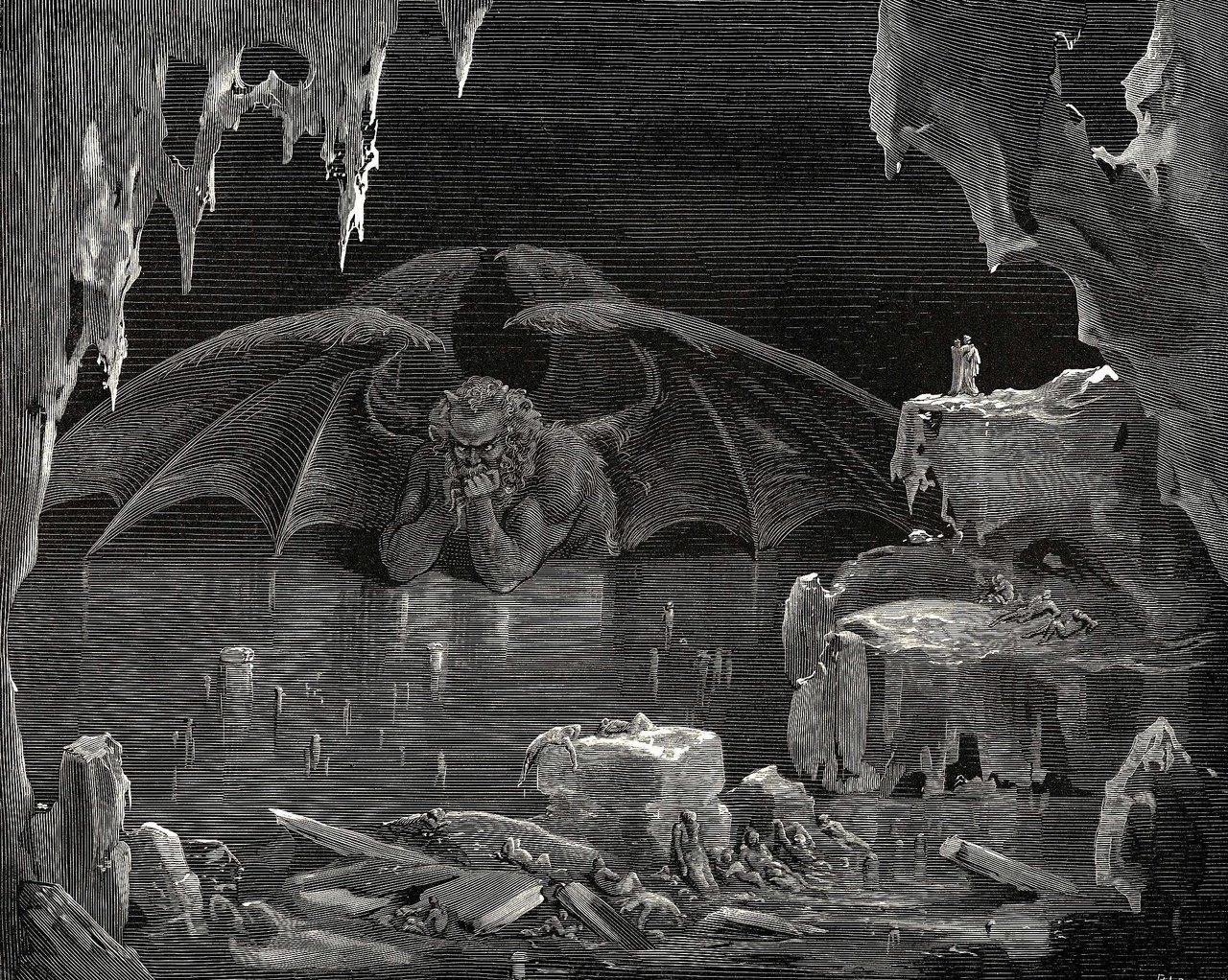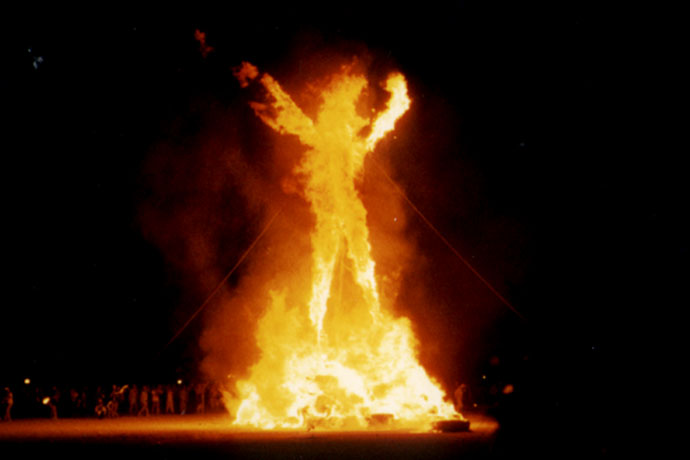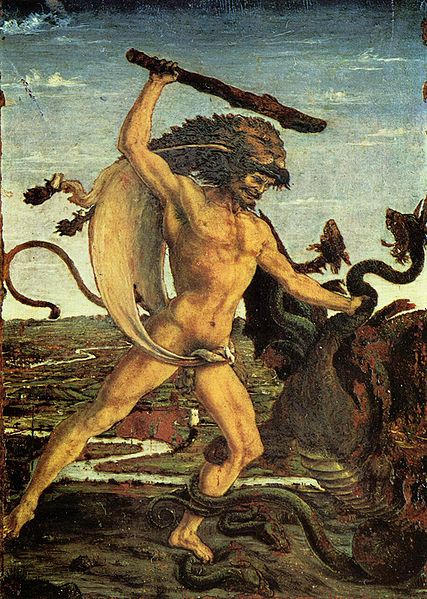
In a conversation (if comboxing can be called conversation) with Pastorius at
Infidel Blogger’s Alliance, I spoke of the way that conventional cultures are the concretization of three offshoots of cultural founding violent origins, according to René Girard: myth, ritual, and prohibition.
Of these, prohibitions were taboos that warned and were strongly enforced due to the powerful flash-points they guarded. Murder, adultery, theft, false witness - any of them were capable of setting fire to a community with retributive violence that, human nature being what it is, could escalate and spiral into culture-destroying events. (Look in the Old Testament book of Leviticus for scores of examples.)
But, it is important to recall that when the centripetal power of a culture's religion (L.
religare - to bind back) began to lose its power to maintain social and psychological cohesion, the priesthood knew that ritual, if properly performed, would re-establish the cultic "pull" at the heart of their culture. It would "bind" the people "back" to the founding violent origin once again. To help surcharge the ritual event, often taboos and prohibitions would be relinquished - violent prisoners released on the streets, sexual "friskiness" allowed, etc. This would "ratchet up" what Girard, Oughourlian, and LeFort discuss in
Things Hidden Since the Foundation of the World: "sacrificial preparation."
Then, when the sacrificial ritual took place, the denouement would be all the more cataclysmic and cathartic. This is what Nietzsche longed for in his notion of the "eternal return" of pagan religion: a culture-restoring worship of the dark gods of blood.
So? So what? Well, those who study mimetic theory say that the present events -- the relinquishing of taboos -- carry with them all the indicators of a "sacrificial preparation." Certainly those who believe they are carrying out some deformed brand of multicultural "progress" don't realize this. They think they are just helping to bring about an utopian dream to reality. So
this, for example, does not frighten anyone - except those with residual cultural memory of what the "crisis of distinctions" (Girard) can do to a culture.
For now ritual does not work - at least not this side of the crucifixion and resurrection of Christ. (
Why it no longer works is a topic for a different post.) Now, sacrificial events carry with them "moral hangovers," PTS syndromes, and worse. Robert Hamerton-Kelly even hypothesizes that now ad hoc self-appointed "priest" of the primitive Sacred try to surcharge sacrificial events with greater numbers of victims and great prestige of victims: genocide or regicide. This is a prime indicator that a culture's sacrificial center is failing; i.e., the Aztecs. It is no longer "economical". Democracy itself, he says, is the result of the death of kings, but modern western attempts to invoke the sacrificial mechanism are failing yet murderous in the extreme.
If you doubt this, think about what the 1960's were if not an attempt at the kind of frenzy leading to sacrifice. Think JFK, MLK, Jr., RFK. Think (further back) the Holocaust. Think (now closer) Rwanda. Darfur. 9/11.
And lest the West think it is coming to its senses, think of the millions - millions! - of abortions that take place, and the quietest, least heard victims offered to Moloch today.
John Paul II spoke lengthily of the "culture of life" vs. the "culture of death." How, if not with mimetic theory, would you try to understand the bloody 20th century, let alone what looks like an even bloodier 21st?



























